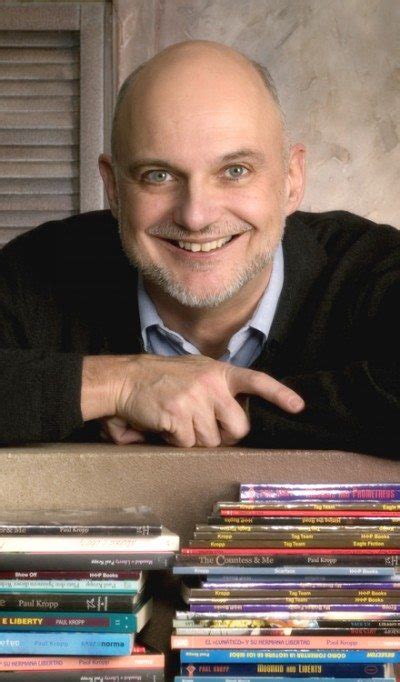A Quote by Anna Quindlen
We read in bed because reading is halfway between life and dreaming, our own consciousness in someone else's mind.
Related Quotes
How is it that, a full two centuries after Jane Austen finished her manuscript, we come to the world of Pride and Prejudice and find ourselves transcending customs, strictures, time, mores, to arrive at a place that educates, amuses, and enthralls us? It is a miracle. We read in bed because reading is halfway between life and dreaming, our own consciousness in someone else's mind.
There can be no more intimate and elemental part of the individual than his or her own consciousness. At the deepest level, our consciousness is what we are - to the extent that if we are not sovereign over our own consciousness then we cannot in any meaningful sense be sovereign over anything else either.
One way of saying that is that there is an objective reality beyond our mind. A way to think of this in a philosophic sense is to look between the two great extremes: the idealist philosophy that says mind and consciousness is the only thing and that matter is simply an illusion, or a Maya, the product of mind; and the other extreme, a strict materialist determinism, which says that mind and consciousness is a secondary phenomenon of the collision of matter.
There is only one essential difference between consciousness and dreaming, and that is sensory input. Your experience is a dream, so is my experience. This stuff about how the frontal cortext is repressed during dreaming. Lucid dreaming presents an obvious contradiction to it. The only difference is sensory input.
But in reading Shakespeare and in reading about Edward de Vere, it's quite apparent that when you read these works that whoever penned this body of work was firstly well-travelled, secondly a multi-linguist and thirdly someone who had an innate knowledge of the inner workings and the mechanisms of a very secret and paranoid Elizabethan court. Edward de Vere ticks those three boxes and many more. William of Stratford gave his wife a bed when he died [his second best bed].
































